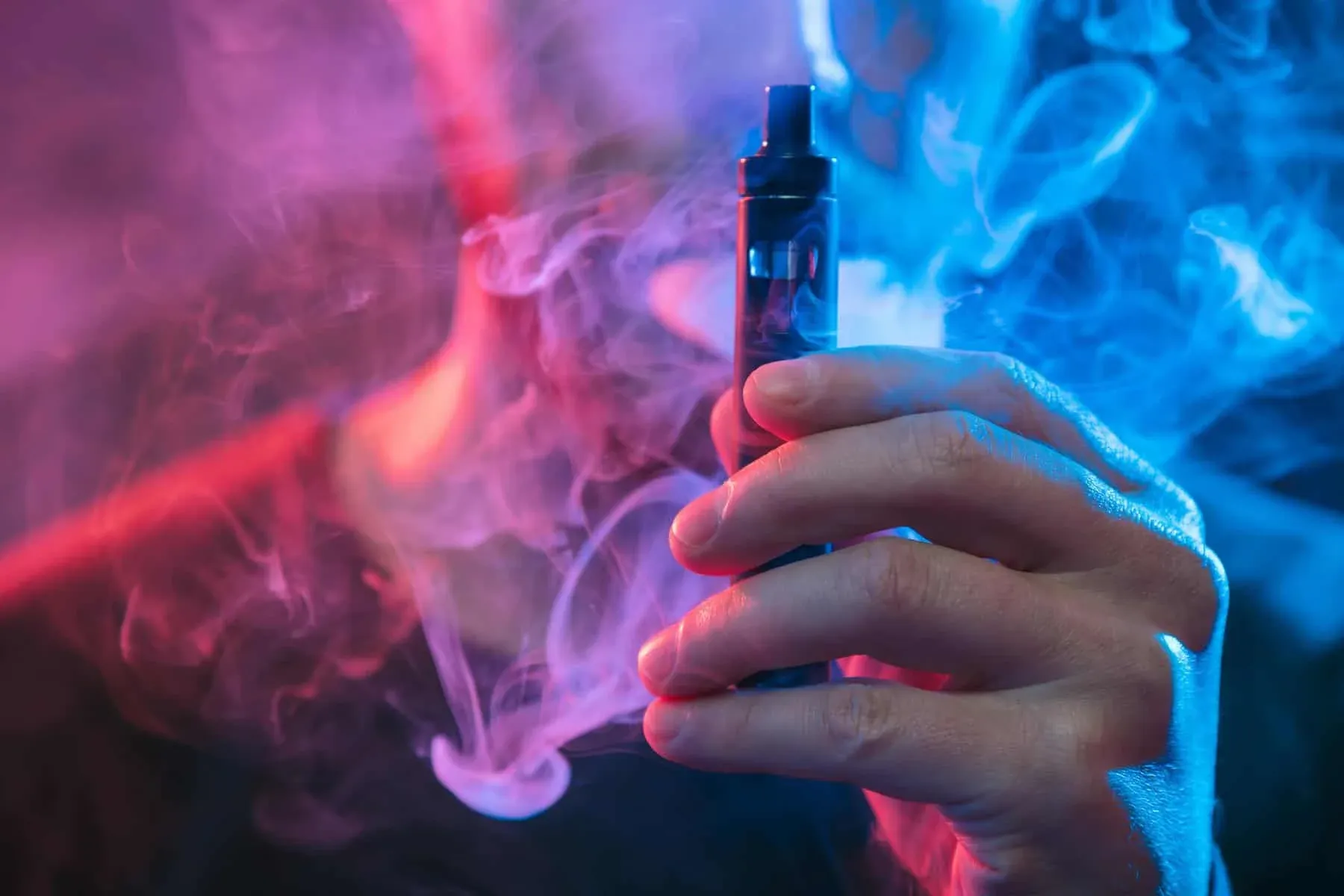What are the Short-Term Effects of Meth Use and Risks?
The short-term effects of meth are dangerous and can happen quickly after use. Methamphetamine, also called meth or crystal meth, is a powerful stimulant. Even one use can cause changes in mood, behavior, and physical health. These effects make meth especially risky for people who try it, even just once.
How Long Does It Take to Get Addicted to Meth?
Addiction to meth can develop quickly. People often strongly desire to use it again after just one dose. This powerful craving can lead to repeated use within days or even hours. Meth’s intense high, and short duration make it especially addictive.
People often start using meth casually or to experiment. However, due to its chemical makeup, dependency can develop much faster than with many other drugs. This fast path to addiction is part of what makes meth so dangerous.
The Short-Term Effects of Meth
The short-term effects of crystal meth are intense and usually start within minutes of use. Meth causes a surge of dopamine, which brings a feeling of euphoria and energy. Users may feel alert and confident, but this high is often short-lived. These symptoms can lead to risky behaviors, such as unprotected sex and poor decision-making.
Serious side effects, which can occur even after using meth just once, can include:
- Increased heart rate
- Increased blood pressure
- Sweating
- Rapid breathing
- Dry mouth
- Loss of appetite
- Trouble sleeping
- Elevated body temperature
- Anxiety
- Paranoia
- Aggression
- Violence
- Tremors
- Convulsions
- Heart attack
- Stroke
- Death
Short-Term Effects of Meth on the Brain
The short-term effects of meth on the brain are both powerful and harmful. Meth causes a sudden spike in dopamine, which affects how people feel pleasure. This rush can make users feel unstoppable and overly confident.
However, meth also disrupts normal brain function. It can cause anxiety, paranoia, and confusion, even after one use. Some people also experience aggression, hallucinations, or panic attacks within hours of taking the drug.
Meth Use and the Binge and Crash Cycles
People who use meth often enter a binge and crash cycle. During a binge, they take multiple doses in a short time to stay high. This may last several hours or even days without eating or sleeping.
After the binge, a crash usually follows. This crash includes exhaustion, depression, and intense cravings for more meth. These cycles are harmful and increase the risk of both mental and physical damage.
This pattern also makes quitting meth more difficult. The emotional lows after a binge often drive people to use again to escape the crash.
Meth Use and “Tweaking”
“Tweaking” is a dangerous stage that can happen after a meth binge. It happens when a person can no longer feel high but still craves the drug. During this time, they may stay awake for days and become extremely paranoid or aggressive.
Tweaking often leads to risky behavior and even violence. People may see or hear things that are not real. These hallucinations are terrifying and can cause harm to the person and others around them.
Tweaking also puts major stress on the body and mind, and even short-term use can lead to lasting damage.
Short-Term Meth Use Risks on Mental Health
The risks of using meth include serious mental health issues, even after short-term use. Meth changes how the brain works, which can lead to mood swings and emotional distress. Users may feel happy one moment and deeply anxious or angry the next.
Depression, fear, and panic attacks are also common. Some people have thoughts of self-harm or become a danger to others. These effects can appear quickly and grow worse with continued use.
Meth can also worsen pre-existing mental health conditions. People with anxiety or depression may find their symptoms getting out of control after using meth.
The Dangers of Organ Damage With Short-Term Meth Use
One short-term effect of meth is damage to major organs. Even short-term use puts extreme stress on the heart. This can lead to chest pain, high blood pressure, or a heart attack.
Meth also affects the lungs and kidneys. Smoking or injecting meth can cause breathing problems or infection. The liver can become overworked, trying to break down the toxic chemicals in meth.
These effects may not be noticeable right away, but can cause serious harm quickly. The body struggles to recover even after a single use.
The Dangers of Overdose and Death With Short-Term Meth Use
The short-term effects of crystal meth include a high risk of overdose. Because meth is so potent, users can take too much without realizing it. An overdose can happen the first time someone uses the drug.
Symptoms of overdose include chest pain, seizures, and extreme agitation. Some people lose consciousness or stop breathing. Without fast medical help, meth overdose can be fatal. Mixing meth with other drugs increases this risk. Even small amounts of alcohol or opioids can make an overdose more likely.
Treatment for Meth Addiction
The risks of using meth are serious, but help is available. Treatment begins with medically supervised detox, which provides support for people to manage withdrawal symptoms safely. After detox, treatment programs help develop effective coping skills, reduce cravings, and rebuild a healthy life.
Therapies like cognitive behavioral therapy (CBT) are effective. Group counseling and one-on-one therapy help people stay motivated and avoid relapse. Medical support may also be used to treat physical symptoms.
Recovery takes time, but it is possible with the proper treatment. Support from professionals and loved ones can make a significant difference.
Overcome the Short-Term Effects of Meth With Addiction Treatment
If you or someone you love is dealing with the short-term effects of meth, now is the time to get help. Enlightened Recovery in New Jersey offers safe, proven support for meth addiction. We understand the challenges of quitting and are here to guide you every step of the way. Do not wait for things to get worse. Treatment can reverse the damage, improve mental health, and offer hope for a better future. Contact us today and take the first step toward lasting recovery.















